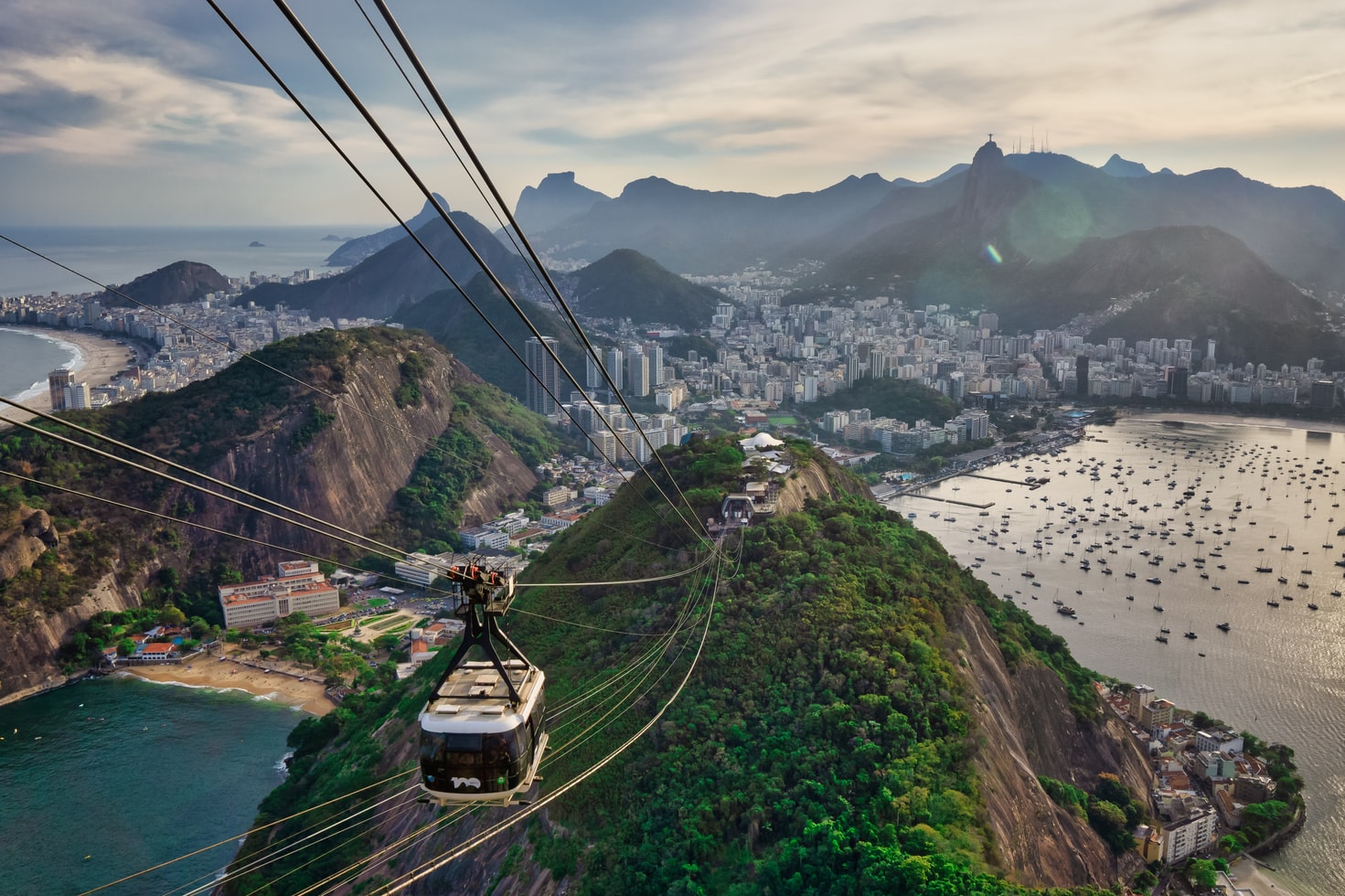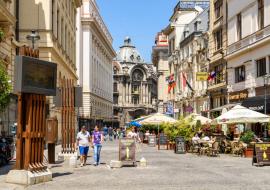ForwardKeys: Is Brazil on track towards a travel recovery?

ForwardKeys’ latest analysis on Q1 inbound air travel in Brazil confirms the relevancy of casting a wider net during the pandemic – in terms of air connectivity and source market promotions. Meanwhile, the domestic travel market could be what keeps the ship afloat as new case numbers increase.
When examining the latest ticketing data for confirmed arrivals in Brazil in January – March 2022, the total international arrivals are -54% compared to 2019.
The top three most resilient markets are Portugal, Spain, and the USA. Portugal (+40%) and Spain (+4%) with a reported growth versus pre-pandemic times.
The role and importance of the US and Portuguese market for the travel and tourism sector in Brazil are even more relevant for Rio Grande do Norte, where confirmed tickets for arrivals in Q1 2022 are 71% above pre-pandemic levels.
“Emprotur has always been in contact with DMCs and Tour Operators from Europe, especially Portugal. But, since the moment we received the news about the resumption of the route connecting our state to Lisbon, we doubled our efforts. It’s almost a one-to-one project with tour operators in Portugal and Spain to design the best strategies to attract travelers to our destinations. Essentially, this involves a strong relationship with tour operators and tactical co-op marketing campaigns to lift the awareness further,” says the Chairman of Emprotur Brazil, Bruno Reis.
As witnessed in other parts of the world, the pent-up travel demand is real. As such when people can’t travel abroad, they look to explore their backyard.
This has been the case with keen Brazilian travelers ready to explore. Tickets confirmed for domestic arrivals in Brazil are currently down by just 3% while domestic arrivals to Rio Grande Do Norte are up by 41%.
According to another recent study by ForwardKeys for Q1 of 2022 examining the most resilient destinations in Latin America, Brazil is placed at number 5, down by 54% compared to 2019 levels. However, 2022 results still show growth for Brazil as it was down by 70% in Q1 of 2021.














